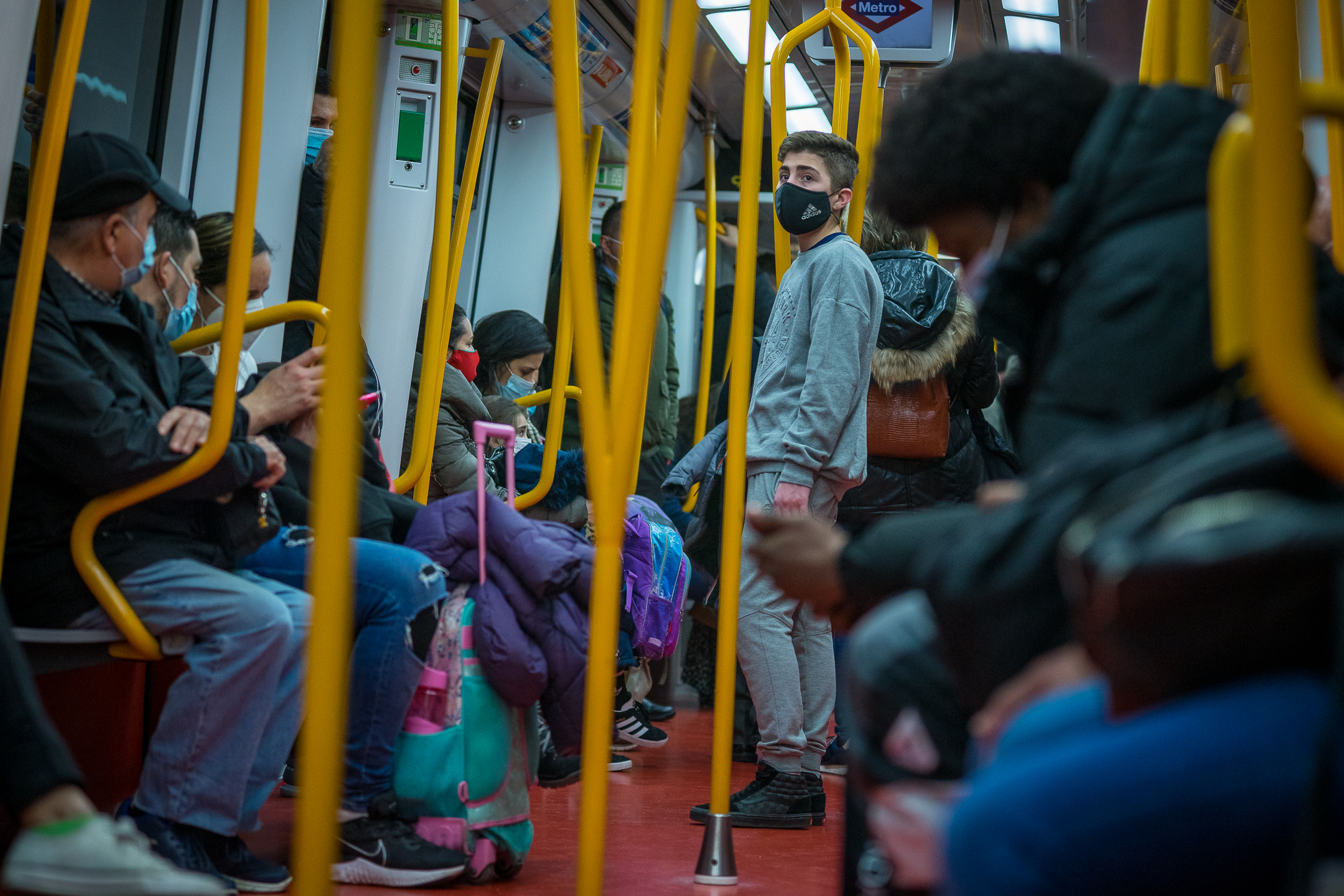
© Wojciech Kębłowski
The project is structured into four urban living labs (ULLs) in four different urban regions.
The Living Lab of the Stockholm city region focuses on increasing the use of public transport by enhancing the resilience and inclusiveness of micro-mobility. Micro-mobilities are at the moment changing the dynamics of urban transport, and so one aim is to study how micro-mobilities can be more inclusive and resilient. Therefore, the Stockholm Urban Living Lab will include co-creation workshops and focus groups with key stakeholders in the urban region, focusing on Flemingsberg in Huddinge municipality. The ULL will also study key stakeholders actions and goals regarding combined mobility. The ULL will result in a policy and planning toolkit for an inclusive framework for micro-mobilities.
The Flanders Living Lab focuses on the role of flexible public transport as a solution for transport poverty in sparsely populated areas of Flanders. The Lab asseses on-demand public transport initiatives from the users’ perspective. This approach scrutinizes the extent of public transport reliance, service adequacy and alignment with users’ needs. The invaluable feedback gathered is then harnessed to refine and enhance public transport services making these more inclusive and responsive to all travellers. Additionally, methods and tools are being developed and tested to integrate user perspective in the planning process. By actively engaging users and stakeholders throughout the process, the ULL can ensure that public transport solutions are finely tuned to cater the diverse needs of the user community. Through the ULL methodology, the objective is to not only incorporate user perspectives into the evaluation phase but also in subsequent planning phases. The ultimate goal is to develop a versatile tool, encompassing methods to gather user experiences and methods to integrate these insights into public transport planning. This tool should benefit not only the public transport operator involved in the project, but also other transport planners and operators.

This project has received funding from the JPI Urban Europe research and innovation program under grant agreement No 101003758.
